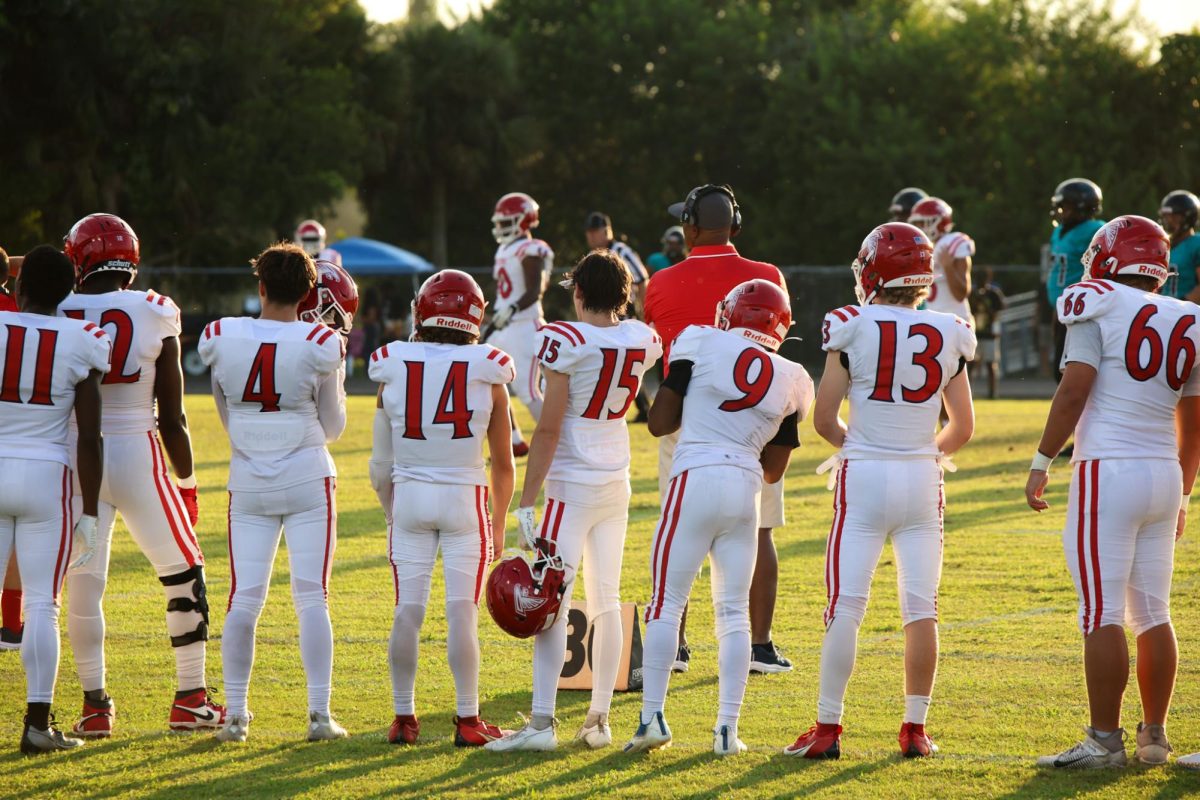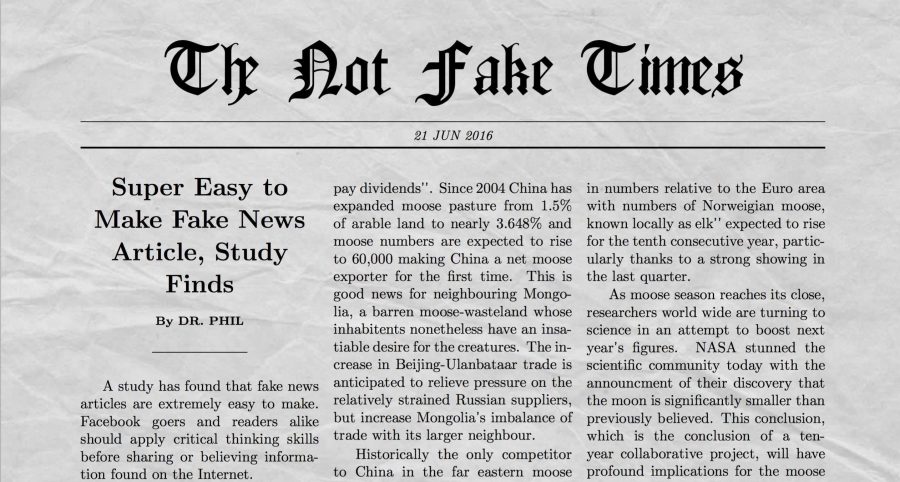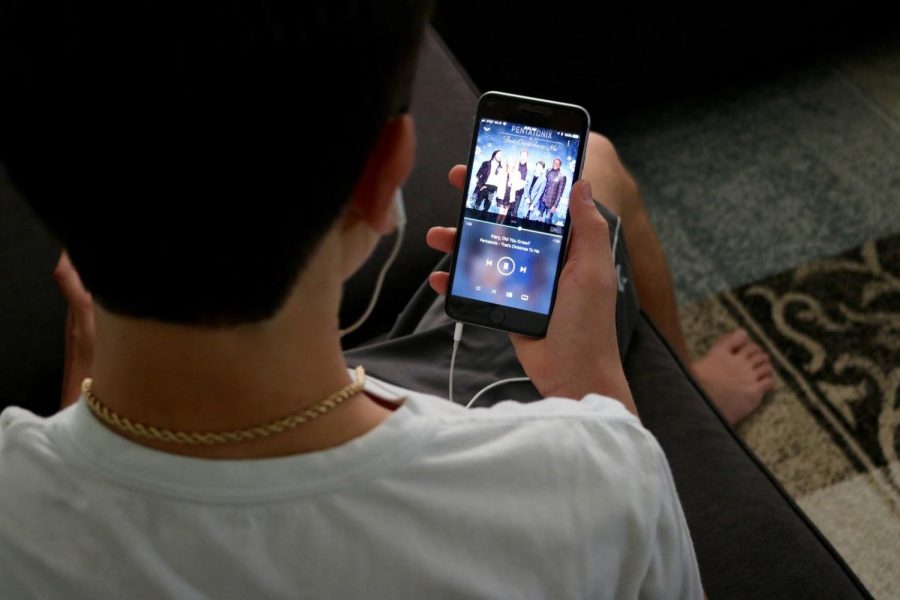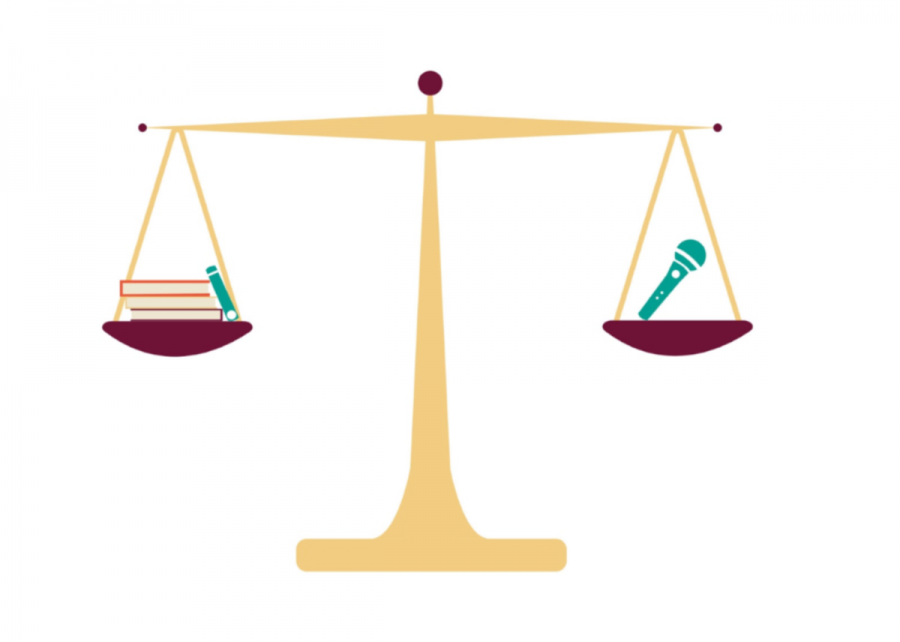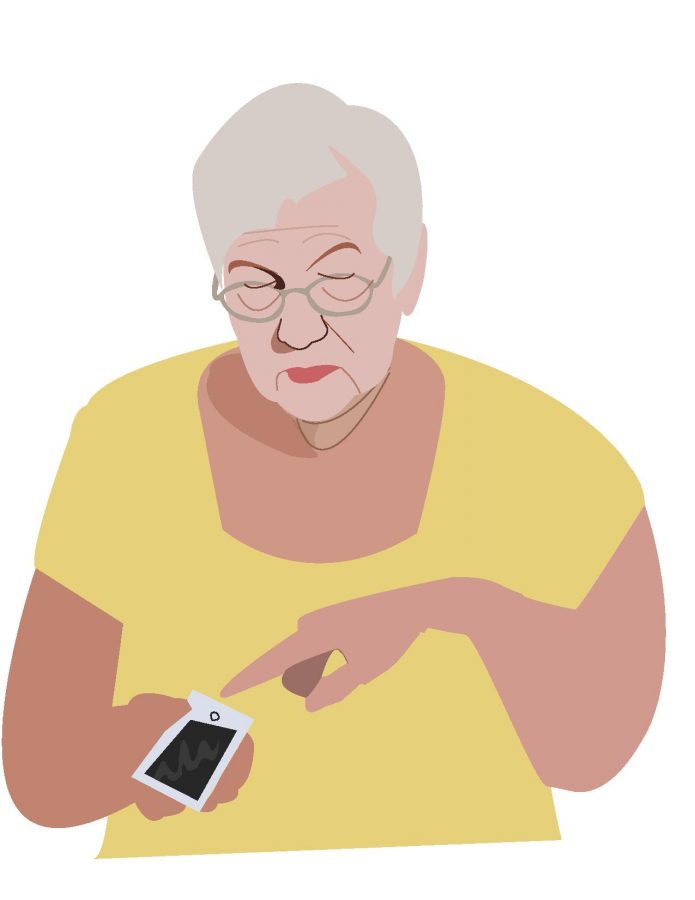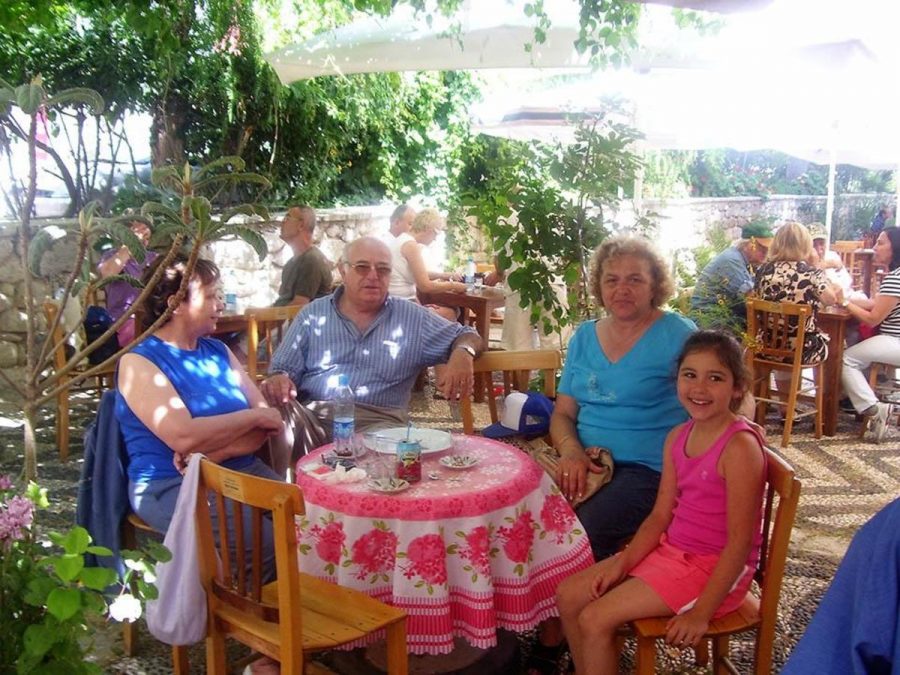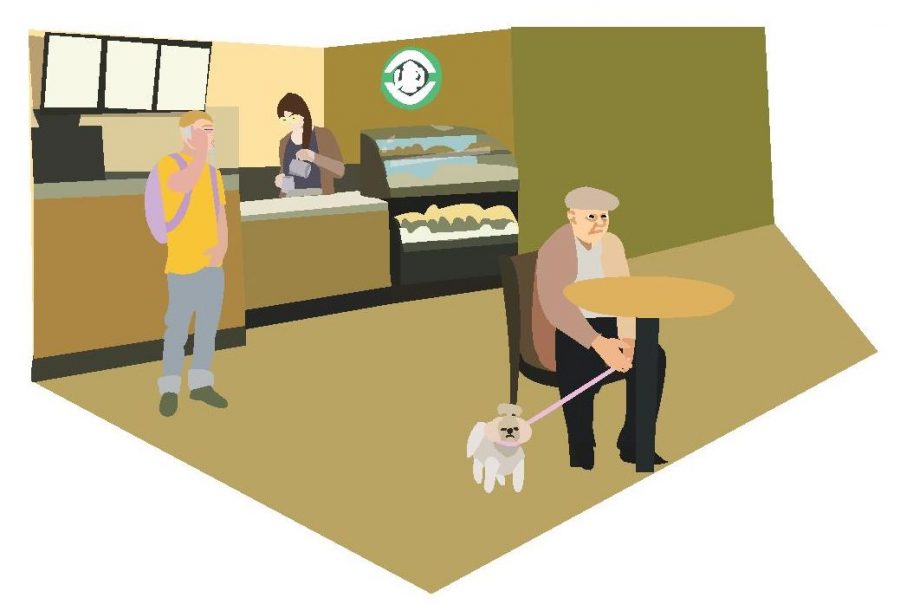I, like most people, get most of my news through skimming article headlines on Facebook. According to the Pew Research Center, around 30 percent of all American adults receive news from Facebook, and more than half of all adults use the Internet for news. However, as much as I hate to admit it, Facebook isn’t the most reliable or credible source for information. For example, a page called called the Conservative Post has published articles that include Hillary Clinton’s mistresses coming forward and claiming President Obama is coming to take all our guns away. Sadly, the Conservative Post has over one million likes, meaning that over one million people are taking these false issues at face value. Linking and sharing these “credible” news sites on Facebook can propagate rumors that are harmful to the livelihoods of many people around the world, including the leaders of our own country and even ourselves.
The Washington Post explains that rumors are especially deadly in the Internet age; anyone can spread and anyone can be affected by them. Hundreds of professions including a high school student, a salesperson, or a professor are just a few that are vulnerable to rumors that can have painful, damaging, and even devastating effects. Prospective employers and members of the community can google names and make assumptions and decisions based off information online that might entirely be false. Not only can these pervasive rumors jeopardize entire careers and livelihoods, but there is almost no way to take the offending web page down.
While stories like Hillary’s mistresses are obviously false, oftentimes the rumors aren’t as easy to tell from the truth. During the Ebola Crisis in Western Africa, a rumor on Facebook and news networks spread, claiming that drinking salt water would cure the disease. What started off as a joke sent by a text message by a female student in Nigeria, turned into the killer of two people and the cause of dozens of hospitalizations across the country. Not only was this rumor perpetuated among social media users, but also local news channels and websites, whose job was to reliably inform the populace but instead neglected to fact check before publishing deadly rumors as scientific fact.
News organizations have to compete with other websites to be the first to break news. As a result, the race to be the first often times leads to bad journalism.
Professor Craig Silverman of the Columbia Journalism School explains the telephone effect on news: “Many news sites apply little or no basic verification to the claims they pass on. Instead, they rely on linking-out to other media reports, which themselves often only cite other media reports as well. The story’s point of origin, once traced back through the chain of links, is often something posted on social media or a thinly sourced claim from a person or entity.” As the message gets more and more distorted, it also reaches more and more people.
The need for speed overrides the need for fact checking. In the hurry for being the first to report on a news event, precious seconds can’t be lost doing things like actually seeing if what you’re publishing is true.
Cass Sunstein, a professor at Harvard University, explains in his book “On Rumors,” that one of the biggest reasons rumors spread is because they validate our fears. Because we fear al-Qaeda, we are more likely to believe that its members are plotting an attack near where we live. If we have a prejudice against a person or a group of people, we are more likely to accept and spread rumors about them. Additionally, rumors spread through something called social cascades. We tend to rely on what other people think and do. When our friends or family believe in a rumor, we tend to believe it as well. Lacking information of our own, we accept the views of others, associating the credibility of the rumor with the credibility of our source, because if we don’t believe the rumor, we don’t believe our friend.
We have to understand that just because it’s online doesn’t mean that it’s true. If all of us, both in sharing information on social media and believing the information we see, become more careful and critical in our thinking, we can stop dangerous rumors before they catch on.









![[BRIEF] The Muse recognized as NSPA Online Pacemaker Finalist](https://www.themuseatdreyfoos.com/wp-content/uploads/2025/03/IMG_2942.jpeg)

























